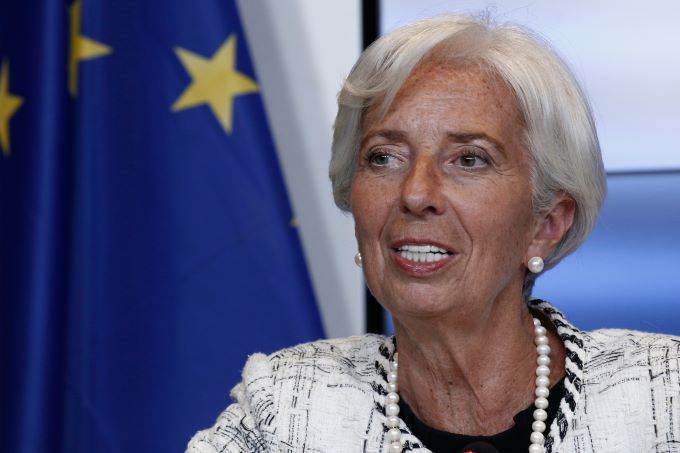 The European Central Bank's President Christine Lagarde made clear that the role of the Bank is limited in terms of facing the current economic slowdown.
The European Central Bank's President Christine Lagarde made clear that the role of the Bank is limited in terms of facing the current economic slowdown.
Lagarde highlighted that lending directly to the Eurozone governments would be illegal and would undermine fiscal discipline in the Eurozone.
“The Treaties have been understood to mean that primary market purchase of government debt, i.e. the direct financing of governments, would undermine the capability of this objective to encourage such disciplined budgetary policy,” she told an EU parliament member on a letter,
She also explained another member of the parliament that providing liquidity to EU citizens would be very difficult from an operational, legal and accounting point of view.
“In many cases, these proposals do not fully address the associated operational, accounting and legal complexities nor provide a comprehensive cost-benefit analysis of the full economic and monetary impact,” she explained.
Instead, the ECB opted for buying 1.1 trillion euros in sovereign bonds to cheapen credit for governments, businesses and families, while pledging to do more if necessary.
Meanwhile, the Spanish-based newspaper "El Pais" claimed that Europe is closer to achieving the creation of a common fund to fight the coronavirus crisis. Spanish prime minister Pedro Sánchez together with the German chancellor Angela Merkel opened the path to the creation of a European coronavirus crisis fund, and are currently discussing the idea.
Earlier, Spain proposed the creation of a €1.5 trillion fund, if agreed it would need the approval from Italy and Netherlands, which has opposed previous attempts to create a joint fund.
By 8:42 GMT the Euro went up by 0.02 percent against the US dollar, hitting the 1.0858 level. Conversely, it gained 0.01 percent against the Swiss Franc, hitting the 1.0526 level. On the other hand, it dropped 0.10 percent against the Japanese Yen, falling to the 116.86 level.
